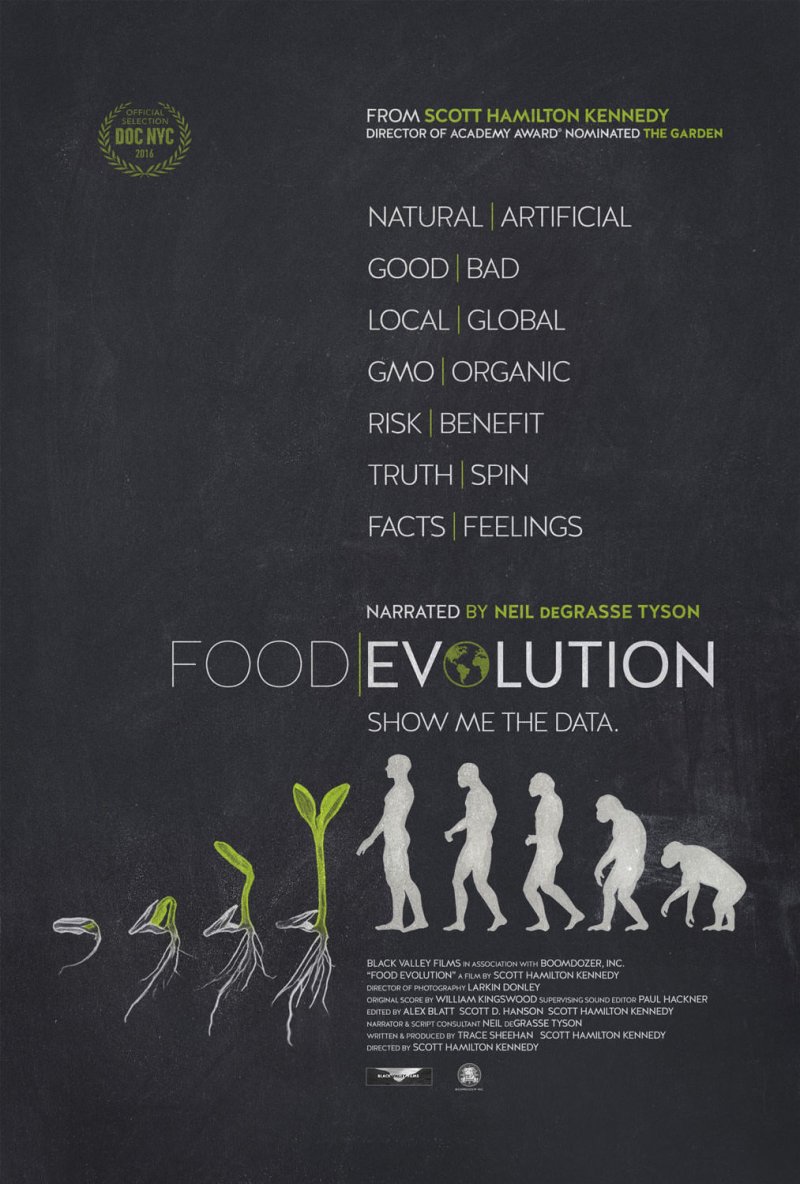[Editor’s note: The following is part of a letter signed by 45 academics including University of California-Berkeley professor Michael Pollan, who was featured in “Food Evolution”, a documentary about GMOs.]
We are glad to see UC Berkeley showing films related to agriculture and food!
However, this particular film — Food Evolution — deserves to be called out for what it is: a piece of propaganda. We write as scholars and researchers who have long been working with issues of plant biotechnology, sustainable agriculture, the media, and food justice. Some of us were also interviewed for the film.
[Read Kevin Folta’s review of the film here]
We thus have some insight into the history, funding, and politics of expertise surrounding the film’s topics.
Featuring Bill Nye (‘the Science Guy’) and Neil de Grasse Tyson, the documentary tagline asks: “Do alternative facts and fake news enrage you as much when the topic is….food?” Unfortunately, it appears to repeat a pattern we’ve seen time and again. The film purports to offer an ‘objective analysis.’ It manufactures scientific consensus where no such agreement exists. And it naturalizes the knowledge it conveys as common sense: ‘Evolution.’
To do so, it set out to bring in people “from all sides” of the GMO debate. Champions of sustainable agriculture and food justice like George Naylor, Timothy Wise, Vandana Shiva, and Michael Pollan. Biotech proponents like journalist Mark Lynas. As mediators we get the beloved public scientists Tyson and Nye. But the film proceeds to undercut the critics in multiple ways. Some folks, like Wise and Naylor — known for incisive critiques of GM crops, price-fixing, and corporate consolidation of agriculture — were not included in the film after they learned that the filmmaker had misrepresented its editorial focus and funding, and Wise withdrew his consent to be in the film. The remaining voices are now framed as impassioned but ultimately kooky and unscientific, the equivalent of climate-change deniers.
The upshot is a portrayal that marginalizes the lived experiences of farmers and eaters, that downplays the concerns of a public that’s increasingly savvy to corporate-driven science (see: the “Monsanto Papers”), and that overlooks the eager enrollment of journalists and front groups to do PR for agribusiness. It also ignores the validity of mounting scientific research: by natural and social scientists who have documented the connections between genetic engineering (GE), fossil fuel and chemical dependency, and monoculture cropping.
The GLP aggregated and excerpted this blog/article to reflect the diversity of news, opinion, and analysis. Read full, original post: Response to UC Berkeley Early Screening of “Food Evolution”































